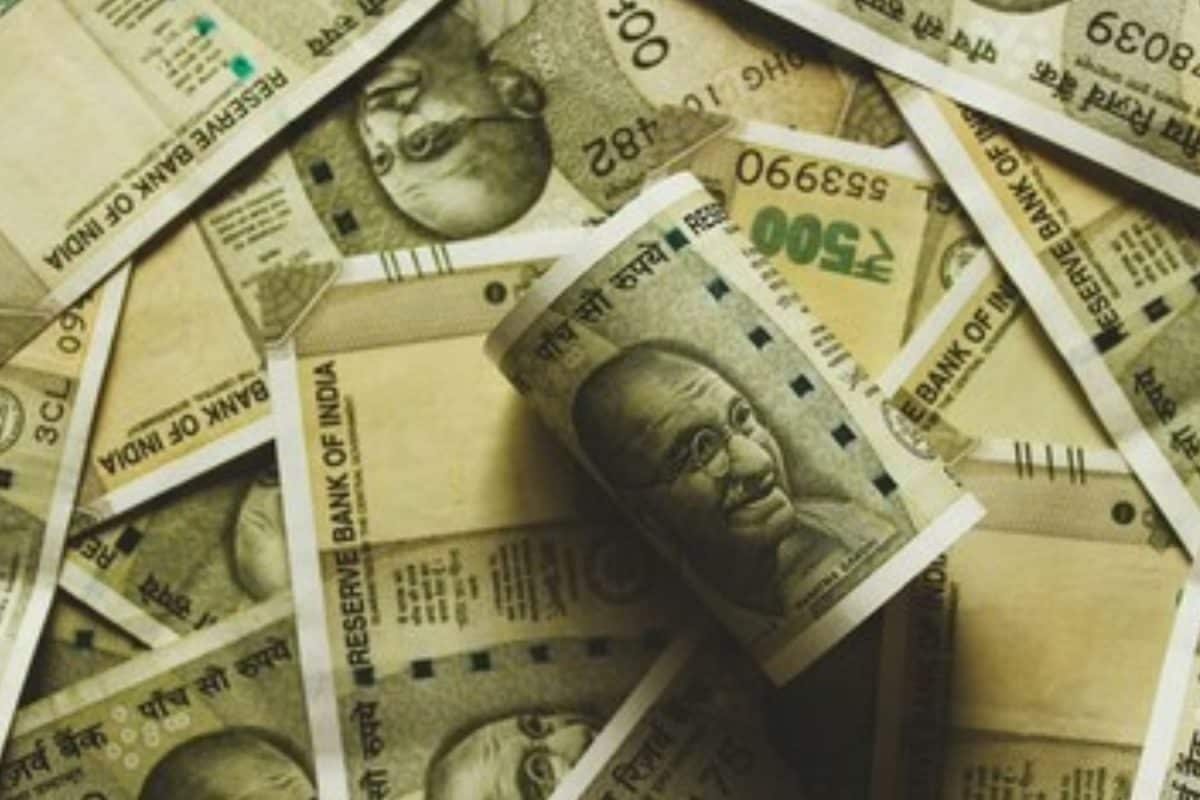

The central government is reportedly expediting the process for the 8th Pay Commission, which is expected to revise the salaries, allowances, and pensions for central government employees and pensioners. While this move brings anticipation for a salary hike, recent reports suggest that the increase may be more modest than initially hoped.
Consultations have begun with key departments and state governments by the Ministry of Finance. Inputs are being sought from major stakeholders, including the Ministry of Defence, the Ministry of Home Affairs, and the Department of Personnel and Training. The commission's recommendations are expected to be implemented from January 1, 2026.
A report by Kotak Institutional Equities suggests that central government employees may receive an effective salary hike of around 13% under the 8th Pay Commission. This is lower than the 14.3% hike given during the 7th Pay Commission. The 7th Pay Commission, which was implemented in 2016 and remains in effect until 2026, had already implemented a modest salary hike, the lowest since 1970.
The fitment factor, a key multiplier used to calculate the new basic pay, is expected to be 1.8. This is significantly lower than the 2.57 fitment factor used during the 7th Pay Commission. While a 1.8 fitment factor would nominally increase the basic pay by 80% (current basic pay multiplied by 1.8), the effective hike is projected to be around 13% because the dearness allowance (DA), currently at 55% of basic pay, will be reset to zero once the new pay structure is implemented. For example, an employee with a basic salary of ₹18,000 currently receives ₹9,900 as DA, bringing their total to ₹27,900.
The implementation of the 8th Pay Commission is estimated to cost the government between ₹2.4 lakh crore and ₹3.2 lakh crore. It is expected to impact nearly 50 lakh central government employees, including defence personnel, and around 65 lakh pensioners, including defence retirees.
Employee unions have expressed dissatisfaction with the proposed fitment factor. Members of the staff side of the National Council-Joint Consultative Machinery (JCM) are demanding a fitment factor at least equal to the one used during the 7th Pay Commission.
The Dearness Allowance (DA) is revised every six months to offset inflation. Even after the new pay commission is implemented, the DA system is expected to continue as a way to deal with inflation.